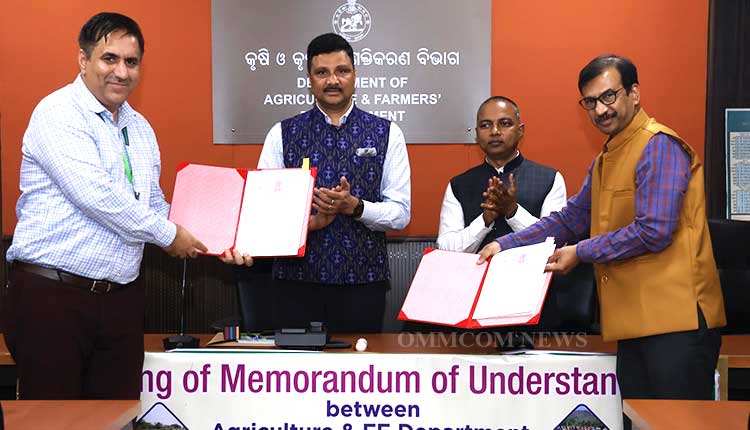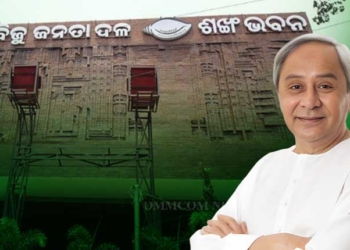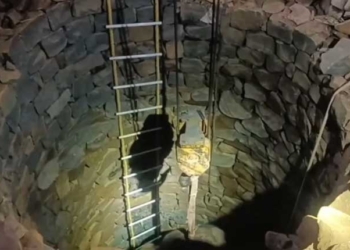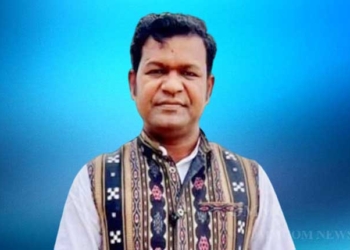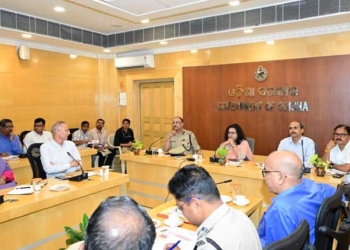Bhubaneswar: The Directorate of Agriculture and Food Production under the Department of Agriculture and Farmers’ Empowerment, Government of Odisha, signed Memorandum of Understandings (MoUs) today with five implementing agencies, including CGIAR institutes (ICRISAT, IRRI Consortium), and reputed institutions such as MSSRF, AFC & KVSS, to execute the Comprehensive Project on Rice Fallow Management (CRFM) during the Rabi season of 2023-24.
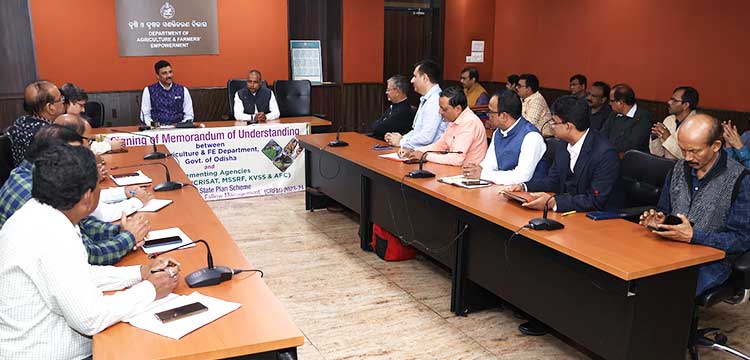
The MoUs was signed by Director of Agriculture and Food Production, Prem Chandra Chaudhary, in the presence of Principal Secretary Dr. Arabinda Kumar Padhee and other senior officials of the Department.
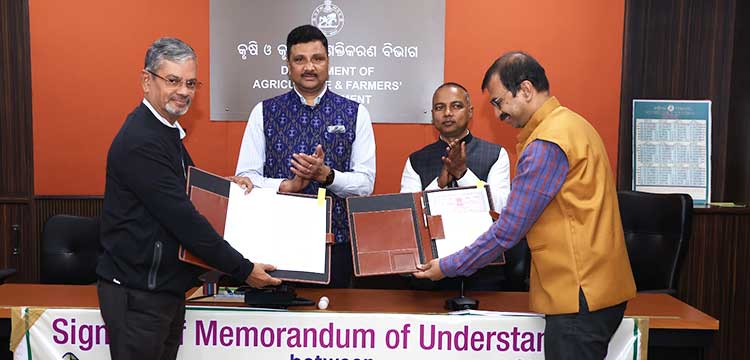
The CRFM initiative, a flagship project of the State Government, focuses on regenerative agricultural practices in 30 districts. Its objectives include enhancing soil health, increasing cropping intensity, and boosting farmers’ income through the procurement of Pulses and Oilseeds crops under the Price Support Scheme. Under the CRFM, a substantial 4 lakh hectares have been designated for crop demonstrations featuring Pulses (such as Green Gram, Black Gram, Lentil, Field Pea, Bengal Gram, Grass pea, etc.) and Oilseeds (Mustard, Sesamum) during the Rabi season of 2023-24. The program is a joint effort, with the Department, CGIAR institutes, and other reputable agricultural institutions providing their expertise for a more scientific approach.
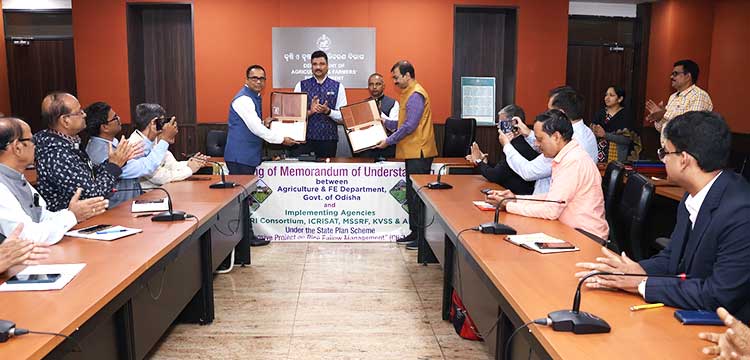
The implementation will be carried out in 20 districts by institutional agencies, while officials of the Directorate of Agriculture and Food Production will oversee the program in the remaining 10 districts. Additionally, dolomitic limestone will be supplied to farmers for acid soil treatment in approximately 1.30 lakh hectares. Emphasizing a commitment to non-chemical intensive agriculture, the CRFM program encourages the use of bio-inputs, including bio-fertilizers, bio-pesticides, pheromone traps, and lures in the crop demonstration process.
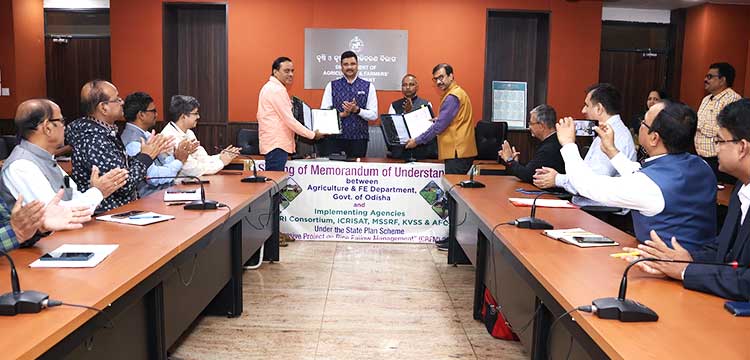
Dr. Padhee urged the participating agencies to execute the program with a mission-oriented approach, creating robust data points with scientific evidence to establish the Odisha model as a national benchmark. Stressing transparency, he advised involving Panchayati Raj Institutions (PRI) members at all levels, ensuring the active participation of departmental officials, and promoting the inclusion of women farmers to address gender dimensions.
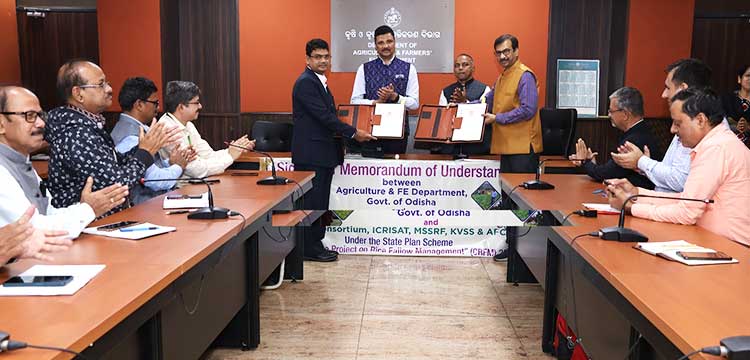
Addressing value addition, processing, and marketing of produce, agencies were advised to collaborate with ORMAS. Concerns such as cattle grazing and the menace of wild boars were highlighted, and the Director of Agriculture emphasized proper documentation from input distribution to harvesting, along with capacity building for farmers.

To monitor progress effectively, weekly and monthly review meetings will be held, and steps have been taken for the digitization of the entire process, including the use of digital platforms for data management. The collaborative efforts under CRFM are poised to transform agricultural practices in Odisha, showcasing a sustainable and scientific approach towards farming.




